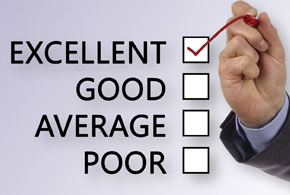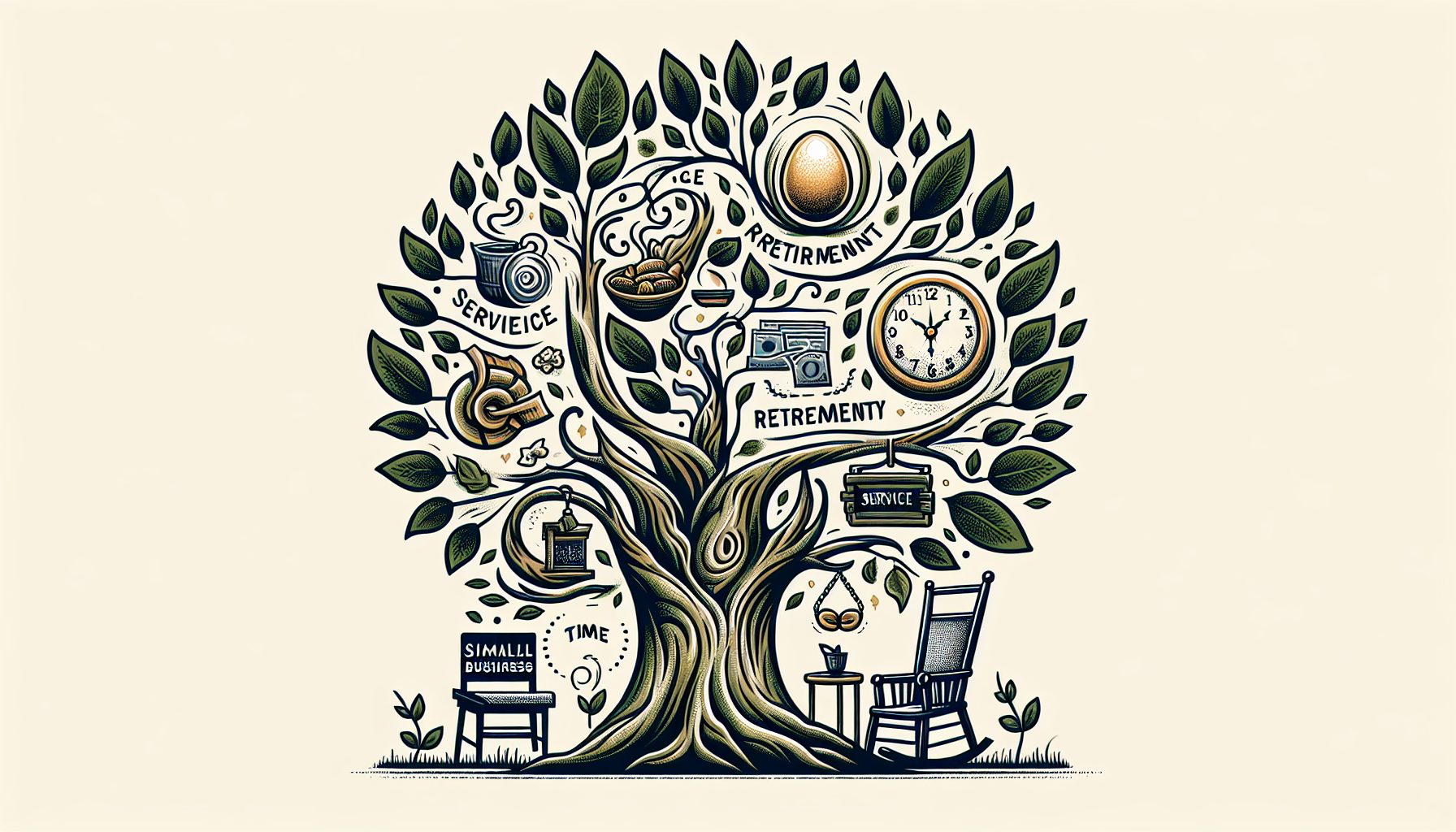The most successful professionals get help through mentorship, or coaching or training—and those avenues to professional self-improvement are great. But it’s also great to be able to work on acquiring those skills and habits in your spare time, every day, using a free or inexpensive mobile app.
This genre of apps that coach and guide and scold and praise you into being a better version of yourself is actually powerful and useful. Here are some of the best apps I’ve seen that will help you acquire the abilities and attributes for continued success throughout your career.
Get Your Email Game On Point
Email is a beautifully utilitarian communications medium. It’s asynchronous, universal and best used to convey facts and requests. That’s why it’s the best medium for business communication.
Everyone’s top goal for email should be to communicate concisely, clearly and in a way that encourages recipients to read, understand and respond.
Boomerang, a company that makes email plug-ins for Google Gmail and Microsoft Outlook, offers a feature called Respondable. It’s an email assistant that uses machine learning to help you craft great emails. It tracks in real time the subject length, word count, question count, reading level, positivity, politeness and subjectivity. (The last three metrics use machine learning and are available only with the paid Pro and Premium versions.)
By using Respondable, you can polish your email skills on the fly, every time you send a message.
Stop Talking Unprofessionally
Our own linguistic tics—such as using “filler” words such as “like” or “um”—are hard to notice and even harder to break the habit of doing.
Your ability to speak well and sound articulate goes a long way in the business world. World-class leaders don’t say “like” and “um” every five seconds.
The best way to shed these linguistic tics is for another person to call your attention to it every time you use one.
Until now. Thanks to new smartphone apps that listen to your speech and help you notice filler words, you don’t have to dragoon another person into the task of fixing the way you speak.
An iOS app called LikeSo listens to you talk and tells you how often you use words such as “like,” “basically,” “literally,” “so,” “totally” and other common expressions. Another iOS app, called Ummo, does something similar, giving you a “report card” after listening to you talk to let you know how many needless filler words you used.
These apps are particularly good to use while you practice your presentation—and even during actual presentations.
Build Habits for Success
The attributes for success—which run the gamut from overall health and energy levels to getting up early to communicating effectively—are built slowly over time in the form of habits.
But how do you form a habit?
At some point, we all get inspired to build habits. We work on building those habits for as long as the inspiration lasts. Then, inevitably, we put it off, forget about it and stop building the habit.
One great way we can keep on building a habit is with a social habit-building app for iOS and Android called Coach.me. It’s based on a brilliant premise: to remove all the excuses our minds conjure up for not building habits of personal and professional success.
The first layer includes smartphone app reminders. You can choose from a list or create a habit you’d like to build, such as work out, read business books or create an agenda for every meeting. Then, you can tell the app how often you’d like to be reminded.
The second layer is social. You can join “challenges”—specific habits that other users are building—and the social interaction enables a kind of motivating peer pressure. It also provides support and help from the community.
The third layer is professional coaching, which comes in the form of for-pay “habit coaching” and “leadership coaching.”









